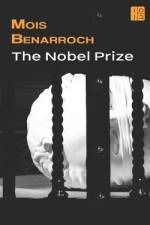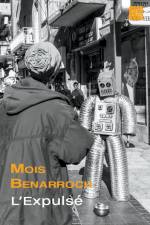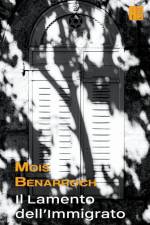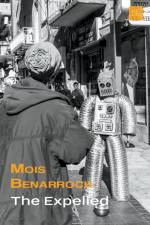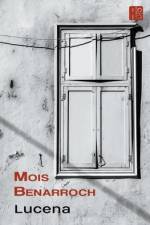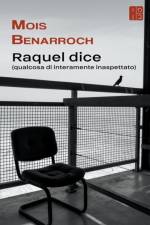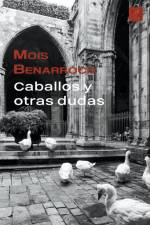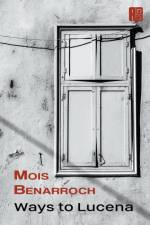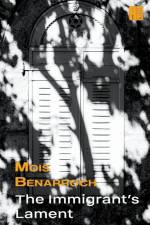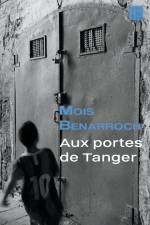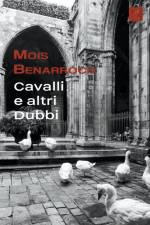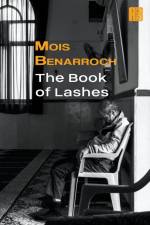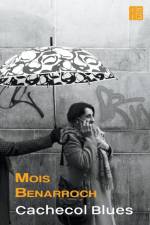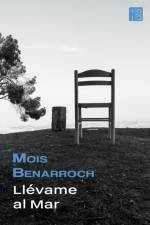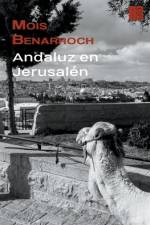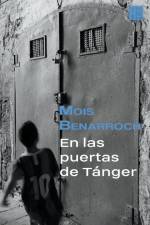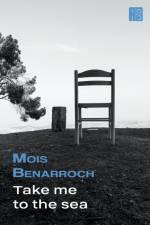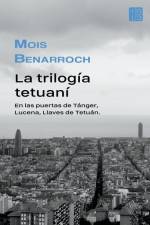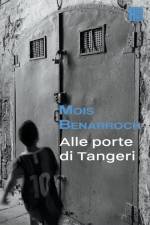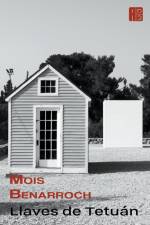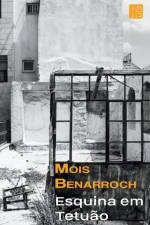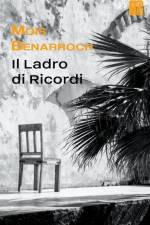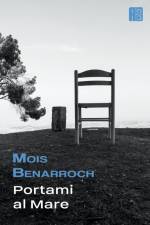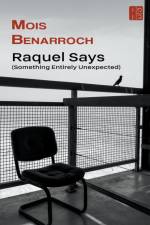av Mois Benarroch
279
Um escritor judeu-espanhol chega a Madri para um encotnro de hispano-judeus, logo depois da norte do melhor amigo e da irmã. Em Sevilha, acha um cachecol, que permanece em seu pescoço por 13 dias e, assim como chega, some e se perde em Madri. O cachecol se transforma em uma obsessiva reflexão sobre a perda e a despedida das coisas e das pessoas. O escritor se despede dos mortos, mas também de todas as pessoas de quem não pode se despedir e que nunca poderá. Depede-se dos sonhos. Enquanto isso, vêm a seu encontro judeus-espanhóis que ficaram perdidos por 150 na Amazônia, sobre os quais tinha escrito dez anos antes em um de seus romances. Terá inventado essa realidade? A realidade é fruto do que imaginamos? O romance viaja por vários países, Marrocos, Brasil, Nova York, Israel. E línguas: hebraico, francês, espanhol, português e, principalmente, o jaquetía, o judeu-espanhol do norte do Marrocos, que persevera em continuar uma morta-viva de uma cultura que não existe mais, de palavras e expressões que deixam para trás um mundo perdeu.Um escritor judeu-espanhol chega a Madri para um encotnro de hispano-judeus, logo depois da norte do melhor amigo e da irmã. Em Sevilha, acha um cachecol, que permanece em seu pescoço por 13 dias e, assim como chega, some e se perde em Madri. O cachecol se transforma em uma obsessiva reflexão sobre a perda e a despedida das coisas e das pessoas. O escritor se despede dos mortos, mas também de todas as pessoas de quem não pode se despedir e que nunca poderá. Depede-se dos sonhos. Enquanto vêm a seu encontro judeus-espanhóis que ficaram perdidos por 150 na Amazônia, sobre os quais tinha escrito dez anos antes em um de seus romances. Terá inventado essa realidade? A realidade é fruto do que imaginamos? O romance viaja por vários países, Marrocos, Brasil, Nova York, Israel. E línguas: hebraico, francês, espanhol, português e, principalmente, o jaquetía, o judeu-espanhol do norte do Marrocos, que persevera em continuar uma morta-viva de uma cultura que não existe mais, de palavras e expressões que deixam para trás um mundo perdido. "O espanhol de Mois Benarroch flutua entre o uso literário clássico da língua, com períodos longos em que se privilegiam as nuances que os verbos têm nessa língua, e entre uma linguagem com gírias, expressões de grande informalidade e palavras que só fazem sentido no contexto de um espanhol judaico falado no norte do Marrocos. As memórias contidas em Cachecol Blues obedecem aos objetivos de um monólogo franco e, muitas vezes, despreocupado. Tentei ao máximo verter para o português os jogos de linguagem contidos no original espanhol, tarefa ora simples, ora impossível. O português brasileiro escolhido para traduzir este livro, portanto, é atravessado de um lirismo informal, em que privilegiei formas coloquiais de se expressar, usando as conjugações faladas da nossa língua, a fim de dar à tradução os movimentos de ida e vinda que o original apresentou. Além disso, dois capítulos foram mantidos praticamente o mesmo, do original, pois estão escritos em jequetía, a língua que os sefarditas fugidos da Espanha crist&atild

